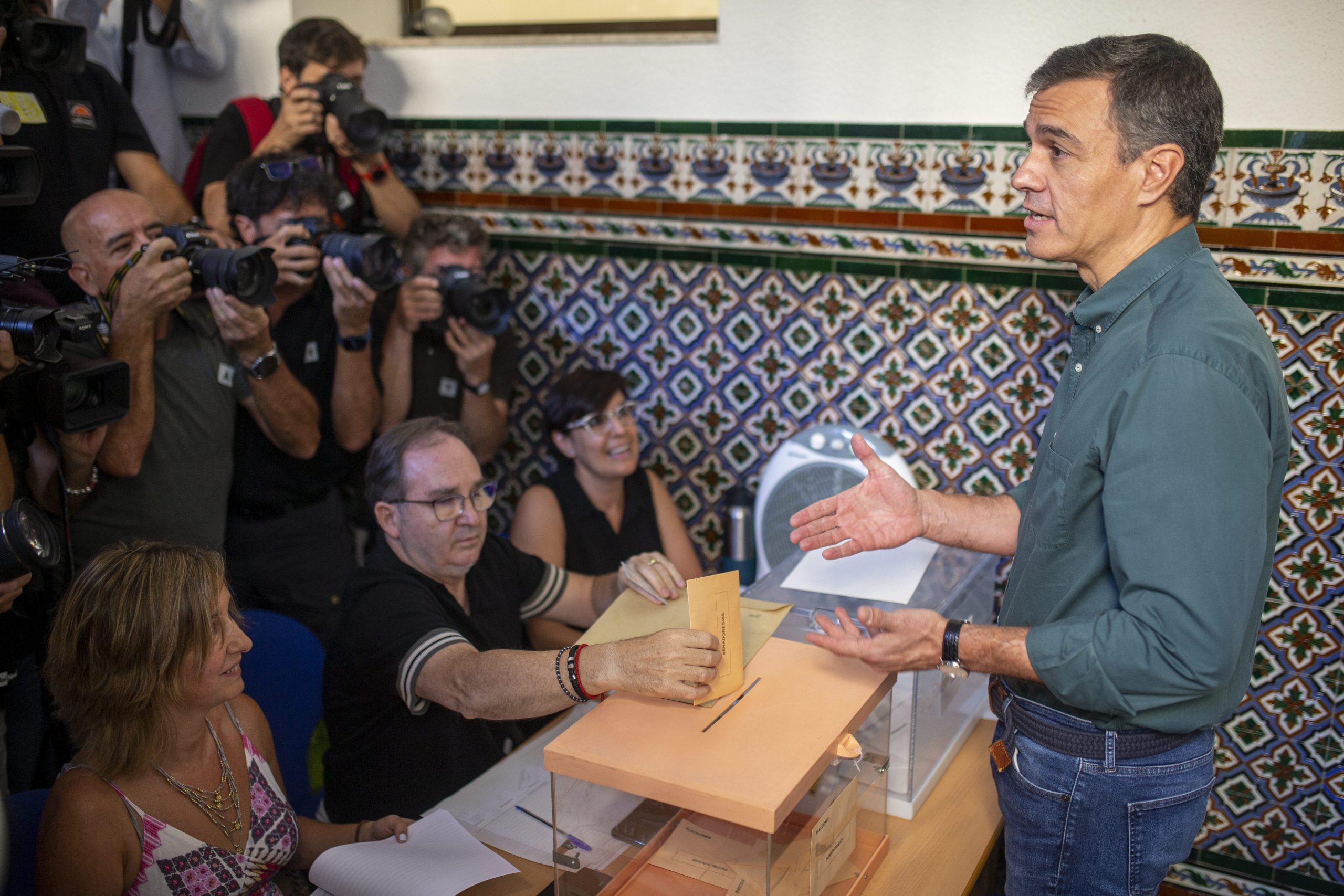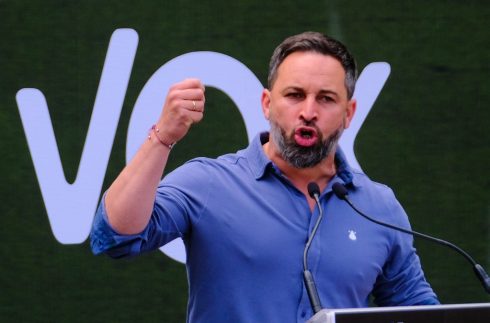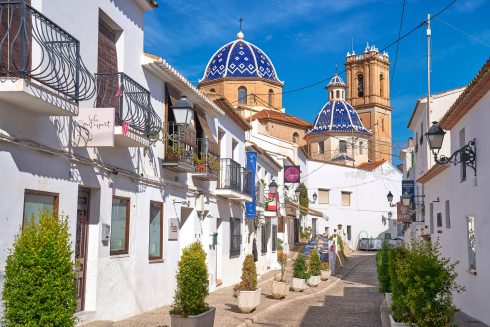THE DECISION by Prime Minister Pedro Sanchez to hold a general election in Spain’s summer months was a controversial one. After the inconclusive result of yesterday’s vote, however, a repeat poll could fall around an even more inconvenient date: Christmas.
The Socialist Party leader opted to call a snap election in the wake of his party’s poor showing at the May 28 local and regional elections. The choice of July 23 raised much ire among the opposition and voters, however, given that July is traditionally a time when many Spaniards take their vacations.
The date prompted record numbers of postal votes to be cast and also disrupted the summer plans of those who were called up to man the polling booths.
The conservative Popular Party won the elections on Sunday but fell well short of a majority, even with the support of far-right Vox. It was far from clear on Monday as to what will happen next, with a repeat Socialist-led administration possible provided that Sanchez can muster the support of smaller groups.
Whatever the case, the clock is already ticking in terms of the parliamentary schedules.
The next step will be the appointment of a speaker of the house in Congress, with a first investiture debate to choose a prime minister likely to be scheduled for the first week of September.
Any candidate for prime minister will have to either win an absolute majority of 176 votes in the 350-seat chamber in the first round, or a simple majority in a second round 48 hours later.
Should the situation be one of deadlock, parliament would be dissolved in November, with a 47-day period until fresh elections – taking the date to Christmas.
During the election campaign, PP candidate Alberto Nuñez Feijoo repeatedly stated that the most-voted party should form a government. His group did indeed take the most votes on Sunday but it is far from clear if he can muster enough support to become prime minister. Most of the other parties in Congress are unwilling to back a Vox administration, suggesting a repeat poll is a strong possibility.
On the left, meanwhile, the Socialist Party will count on the support of new leftist alliance Sumar but will have to count on smaller groups such as the pro-Catalan independence Junts pel Si (Together For Yes) if it has any hope of clinging on to power.
Whatever the outcome of the pending negotiations, Spaniards are likely to be far from impressed should they have to turn out to vote at Christmas having just done so in the midst of summer.
Read more
- Leader of Spain’s far-right Vox party rails at media and Popular Party leader for poor showing at elections
- Spain’s general election campaign comes to a close amid scorching temperatures











